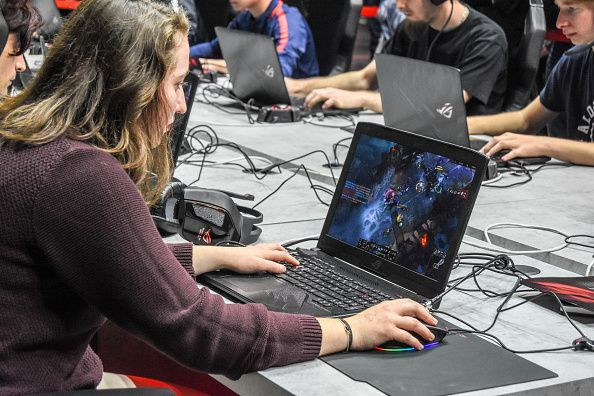Rated 'A' For Addicting: Video Game Addiction Now Recognized As Official Mental Health Disorder

The growth that gaming has experienced over the last 30 years has made it, arguably, the biggest entertainment market in the world.
Since the industry found a way out of arcades and into peoples’ homes, it’s almost strange to not see a console or powerful PC in someone’s home. There are even online personalities like Ninja and Funhaus who are earning a lucrative paycheck playing online video games.
But the World Health Organization now officially believes too much gaming is not a good thing.
The WHO has now identified video game addiction as a mental health disorder, adding to its International Classification of Diseases. The ICD’s description of game addiction reads “a pattern of gaming behavior (“digital-gaming” or “video-gaming”) characterized by impaired control over gaming, increasing priority given to gaming over other activities to the extent that gaming takes precedence over other interests and daily activities, and continuation or escalation of gaming despite the occurrence of negative consequences.”
However, the WHO assures that this kind of addiction would only affect a small section of gamers. Shekhar Saxena, the WHO’s expert on substance abuse and mental health, said that this “is an occasional or transitory behavior.”
Saxena also said a diagnosis should only be given if addictive type behavior is shown over a year. Examples he provided include engaging in games for nearly 20 hours a day and prioritizing games over meals, school, sleep, or other daily activities.
This also marks the first time video games have been recognized as having a negative effect on mental health in this type of capacity.
Previous attempts had been spearheaded by the likes of former Florida attorney and anti-video game activist Jack Thompson, who has blamed mass shootings like the Columbine High School Massacre in 1999 and the Virginia Tech shooting in 2007 on the shooters’ gaming habits. However, research into this idea had always been inconclusive at best.
The video games industry has recently been under fire for the growth of loot boxes in the space from both gamers and governments. Countries like the Netherlands, Japan, China, and Belgium have adopted stricter stances on loot boxes, forcing developers and publishers to adhere to the respective country’s gambling laws.
Republican Sen. Josh Hawley of Montana recently announced his intentions to battle loot boxes with “The Protecting Children from Abusive Games Act.”
© Copyright IBTimes 2025. All rights reserved.





















